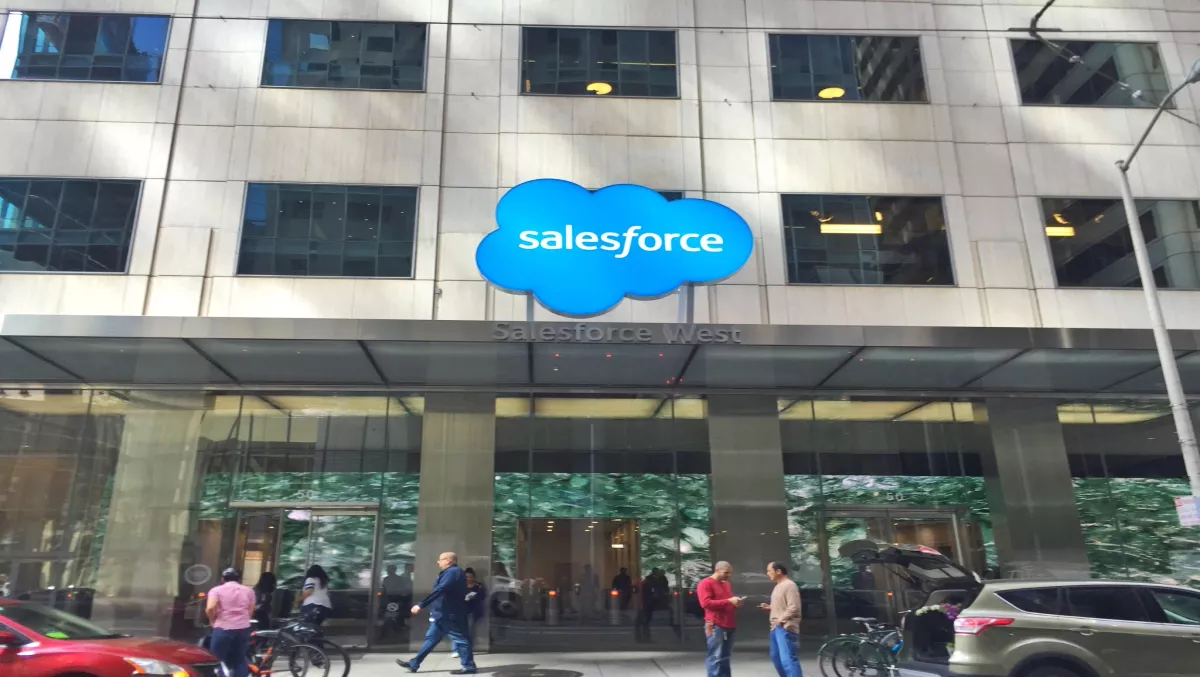
Salesforce named a leader in application platforms as a service - Gartner
Gartner has named Salesforce as a leader in the high productivity application platform as a service (hpaPaaS) field in a new report, grading it the highest in completeness of vision and ability to execute.
Enterprise IT is rapidly embracing a more efficient, low-code approach to application development.
82% of IT professionals say they are willing and ready to try low code in their organizations to achieve better IT-business collaboration, more time for IT to focus on complex tasks, and higher levels of innovation.
hpaPaaS allows IT services to work more closely with the business to rapidly deliver apps and digitise processes.
Using model-driven development, business users and less technical 'citizen developers' can create the major part of the application, calling for IT's help only for governance and custom code.
The result is faster app development, broader business empowerment, and accelerated innovation.
According to Gartner's Magic Quadrant for Enterprise hpaPaaS report, Salesforce's well-established presence, revenue, name recognition, native integration with the market-leading CRM SaaS, broad partnerships in SaaS, PaaS and system integration put it on most hpaPaaS shortlists.
Furthermore, the recent agreement to port the Salesforce platform to Amazon Web Services (AWS) has potential to further accelerate adoption by opening up new regions and new capabilities from AWS.
The Gartner report names Salesforce's strong SaaS ecosystem as another one of its strengths.
"Salesforce's well-established support for Saas independent software vendors — through subtenancy and AppExchange programmes for partners, startups and incubators — continues to differentiate it and helps it attract new SaaS partners.
In terms of cautions, the Gartner report says the proprietary nature of Salesforce's architecture enhances its cloud-native characteristics, such as the sharing of machine resources, but also locks customers in, deters some adoption, complicates integration with acquired technologies and prevents in-process Java or C# extensions.
Another concern the report names is that Salesforce's long-standing mantra of "no software" now hinders its adoption for the IoT as that requires some components be local to devices — off-cloud.
Similarly, support of hybrid IT is challenged by limited integration capabilities and the absence of virtual private or on-premises deployment options.


